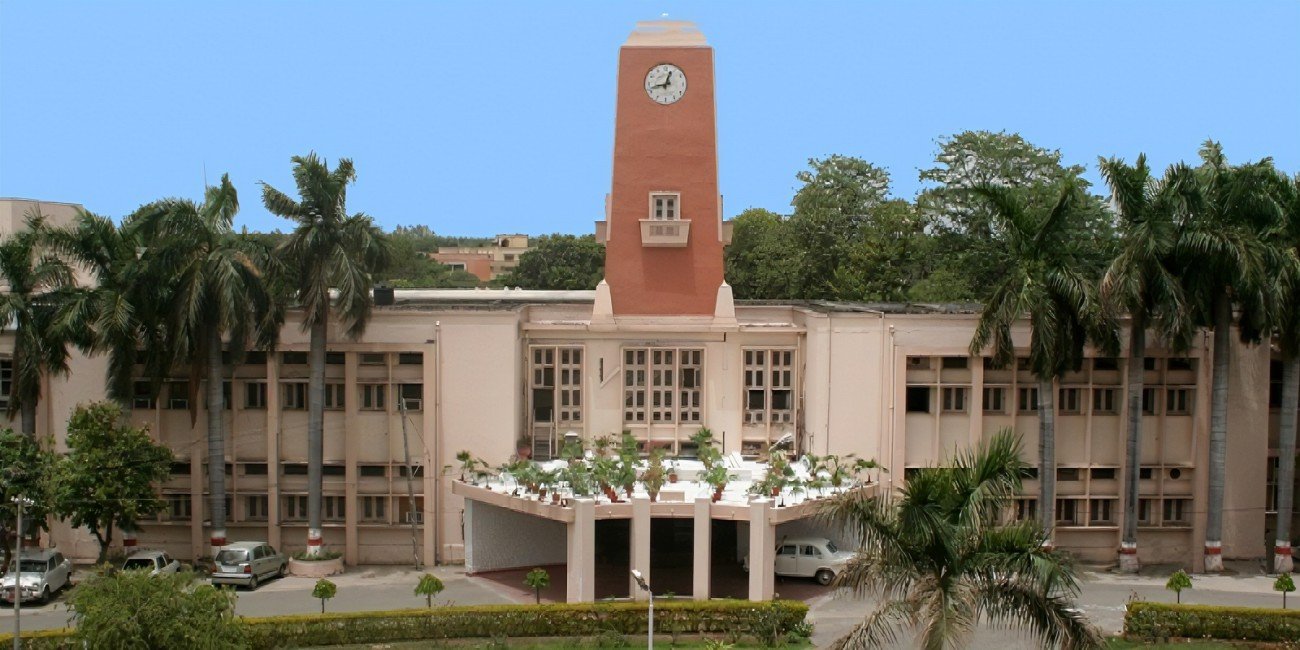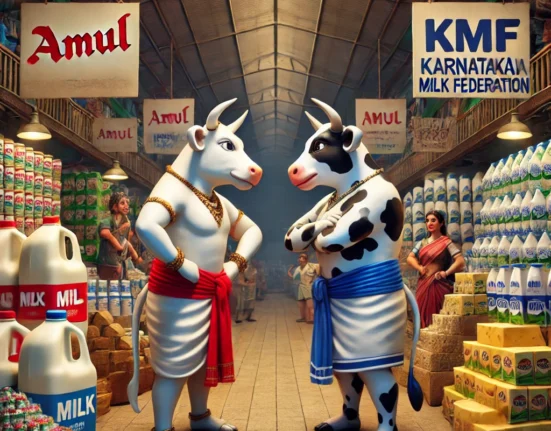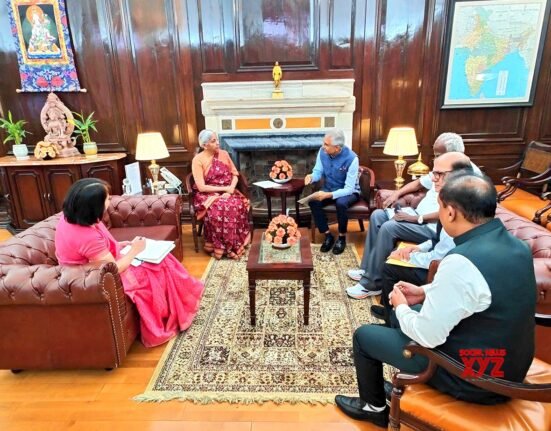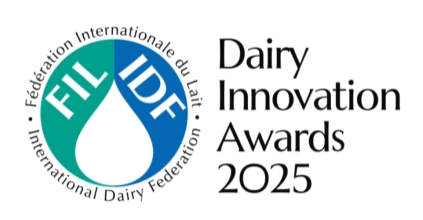Rudrapur, Uttarakhand – June 2025: In a significant leap for India’s dairy and animal husbandry sector, scientists at GB Pant University of Agriculture and Technology have developed a patented indigenous technology for producing sex-sorted semen, enabling up to 90% probability of female calf births.
The breakthrough, led by Dr. Shiv Kumar and Dr. Sunil Kumar, is poised to increase the income potential of dairy farmers by ensuring a higher number of milk-producing female calves. “Animal husbandry remains a cornerstone of rural livelihoods. Increasing the birth rate of female calves is directly linked to improved milk yields and farmer income,” said Dr. Sunil Kumar.
How the Technology Works
Sex-sorted semen technology involves the separation of X (female) and Y (male) chromosome-bearing sperm. Using advanced laboratory techniques, only X-chromosome-bearing spermatozoa are retained for artificial insemination. “When X sperm fertilise the egg, the calf born is female. This method allows us to achieve close to 90% female calf births,” explained Dr. Shiv Kumar.
Each dose of sexed semen contains around 2 million fewer sperm than in conventional semen. Despite the lower concentration, there are no complications in delivery, and the pregnancy success rate stands at 60–70%, which is comparable to global benchmarks.
Affordability: The Next Frontier
Cost remains a significant barrier to mass adoption. However, Dr. Mridula Sharma, another animal science expert from the university, has developed a low-cost, indigenous version of the sexed semen production process. This advancement could make the technology more affordable for small and marginal farmers, thereby accelerating its nationwide adoption.
Implementation and Results
In its pilot phase, Pantnagar University collaborated with the National Dairy Research Institute (NDRI), Karnal, to procure sexed semen of the Sahiwal breed, one of India’s premier indigenous dairy cattle. The insemination trials have already shown promising results.
“We’ve recorded a 20% higher pregnancy rate compared to conventional semen,” said Dr. Manmohan Singh Chauhan, Vice-Chancellor of GB Pant University. “This innovation has the potential to transform India’s milk production ecosystem and strengthen the economic base of rural households.”
Broader Impact on India’s Dairy Sector
With India’s dairy sector projected to grow steadily in the coming years, technologies that promote breed improvement, milk yield, and female calf ratios are crucial. Indigenous sexed semen technology, especially one that is cost-effective and scalable, could position India as a global leader in sustainable dairy production.







